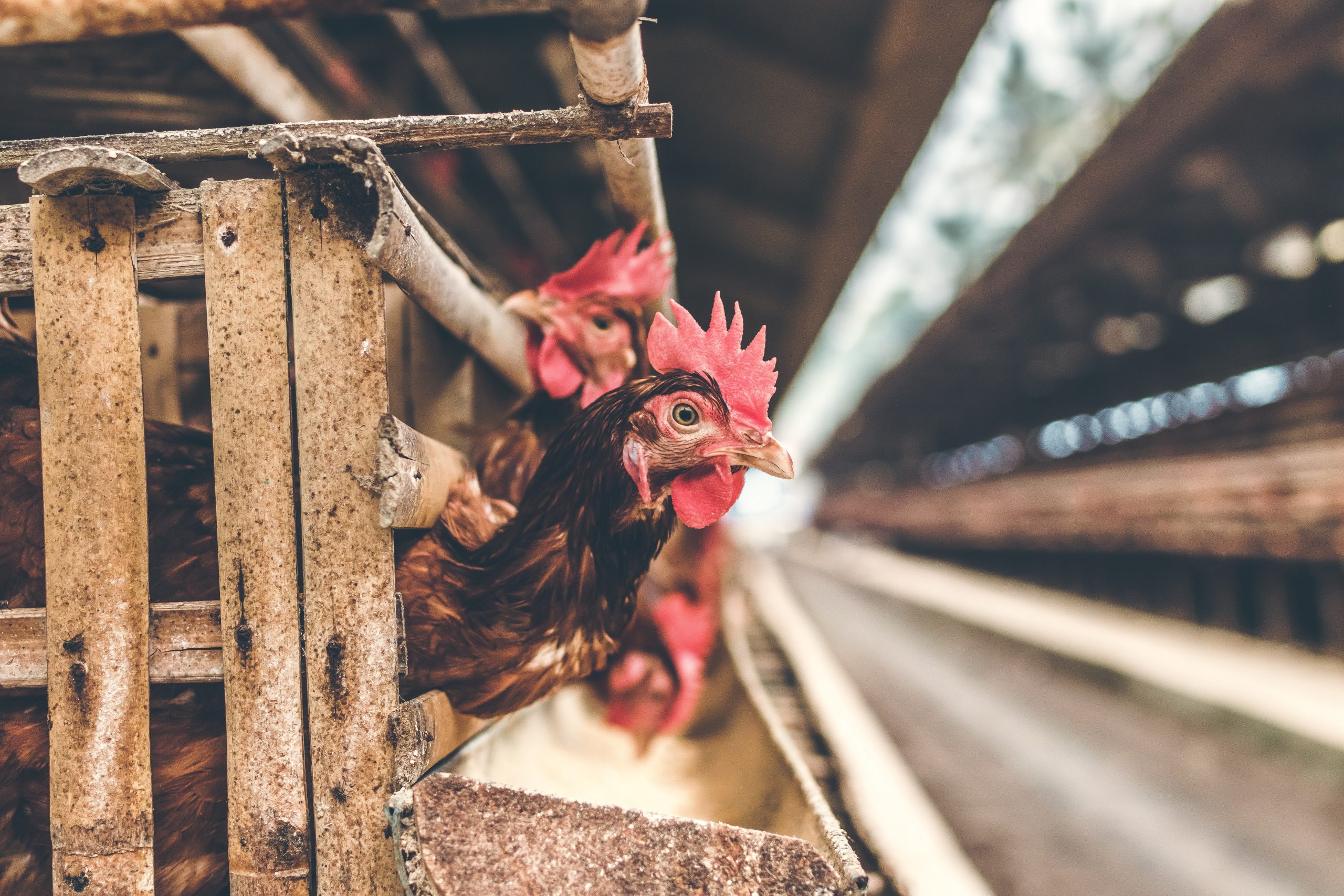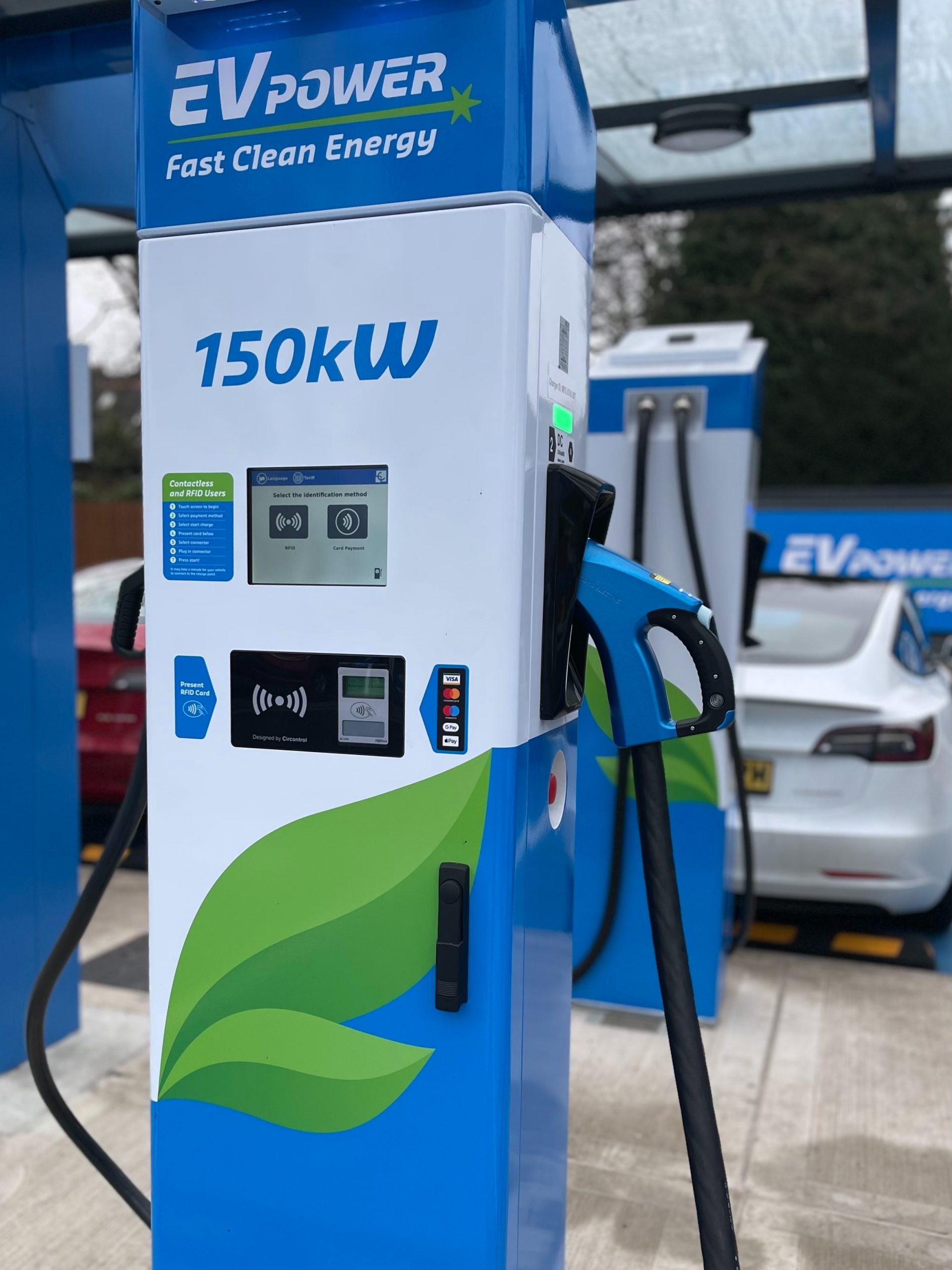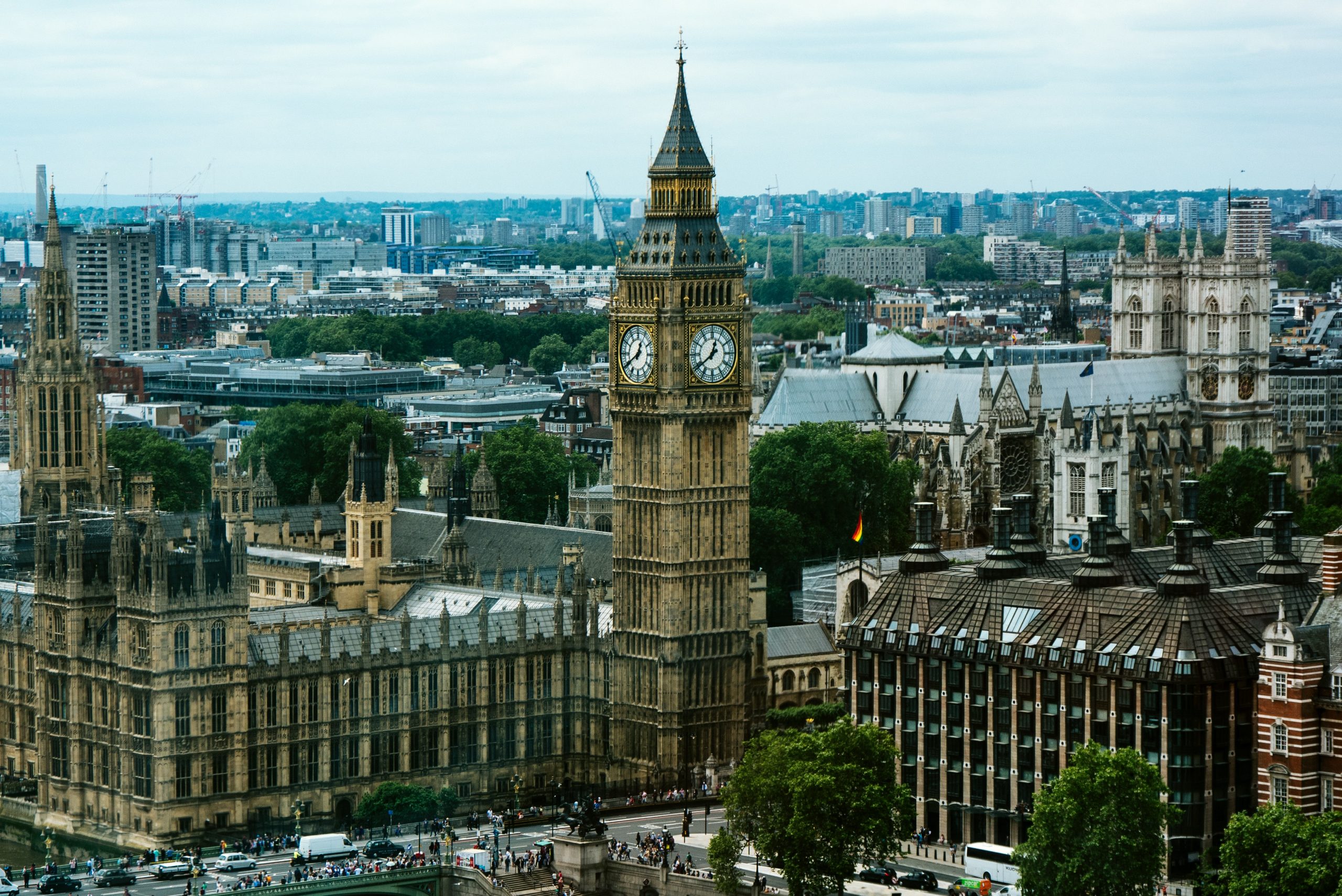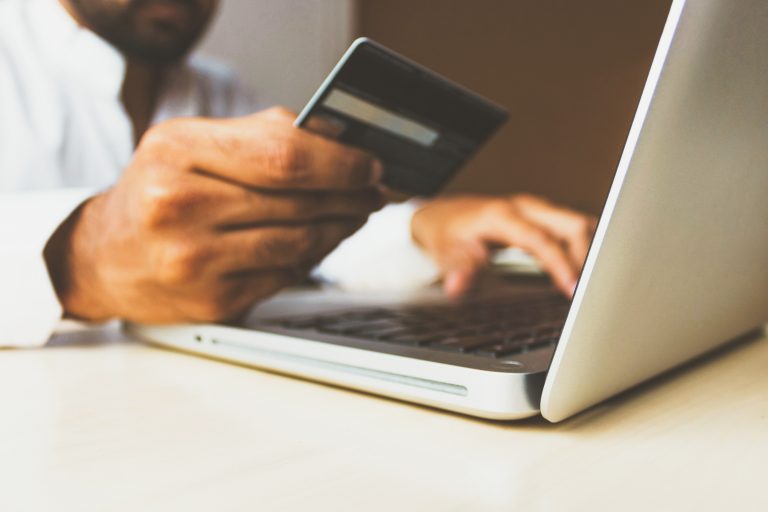Feelings Matter Too
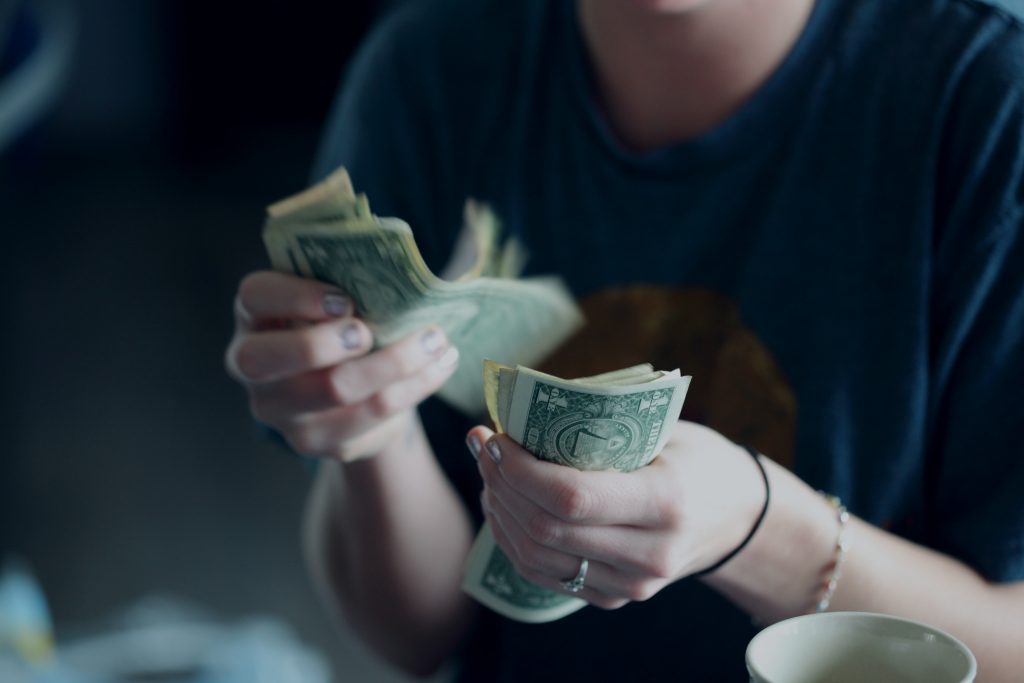
You’ve probably seen the headlines indicating that the United States is experiencing one of its worst inflationary periods in recent history. You’ve almost certainly experienced higher prices at the grocery store and at the gas pump. Indeed, driving past gas stations where prices are prominently displayed can be a daily reminder of our inflationary times. Now, there are very real suggestions that the country could be heading for a recession. If you’re like many people, you might be worried about your finances, pausing before making nonessential purchases or even changing your buying behavior for items you buy on a regular basis.
So, are you feeling pessimistic about what’s coming next or are you optimistic that things will soon improve? Your feelings about the economy, along with those of other Americans, can have a very real impact on the country’s economic health. Consumer psychology and economics have been shown to be intertwined. Optimistic consumers are more likely to spend money helping drive economic growth. In contrast, a sense of pessimism can actually slow the economy as consumers, worried about what might be coming next, defer planned purchases and avoid spending in general. These behavior patterns are reflected in the Consumer Sentiment Index, which focuses on how people are feeling about their money, and the Consumer Confidence Index, which highlights people’s perceptions about the job market. Both have been shown to be remarkably good predictors of future economic growth. In fact, while economists often focus on objective measures, it’s important to remember that feelings matter too.
Discussion Questions:
1. Discuss the power of consumer psychology on the economy. How are you feeling financially? Are you worried about employment? Have your expectations about the economy changed your purchasing behavior?
2. What is your reaction to the Federal Reserve’s move to push up interest rates? Are you worried about how it might affect your interest payments or job prospects? Is consumer confidence the key to reducing inflation and economic uncertainty? How would your feelings be reflected in the Consumer Sentiment Index or the Consumer Confidence Index?
3. Jerome Powell, Chairman of the Federal Reserve, has suggested that it is very likely that further interest rate hikes will take place before current U.S. inflation can be brought under control. What are the implications of statements from the Federal Reserve on consumer psychology? Why does the Federal Reserve effectively broadcast its likely future policy actions prior to executing them?
Sources| WSJ: Why Consumer Confidence is Key to Bringing Down Inflation; CNN: How America is coping with inflation: Buy what’s needed, nothing more; NY Times: Less Takeout, More Produce Swapping: How Inflation Is Altering People’s Behavior; Unsplash: Counting Dollar Bills

